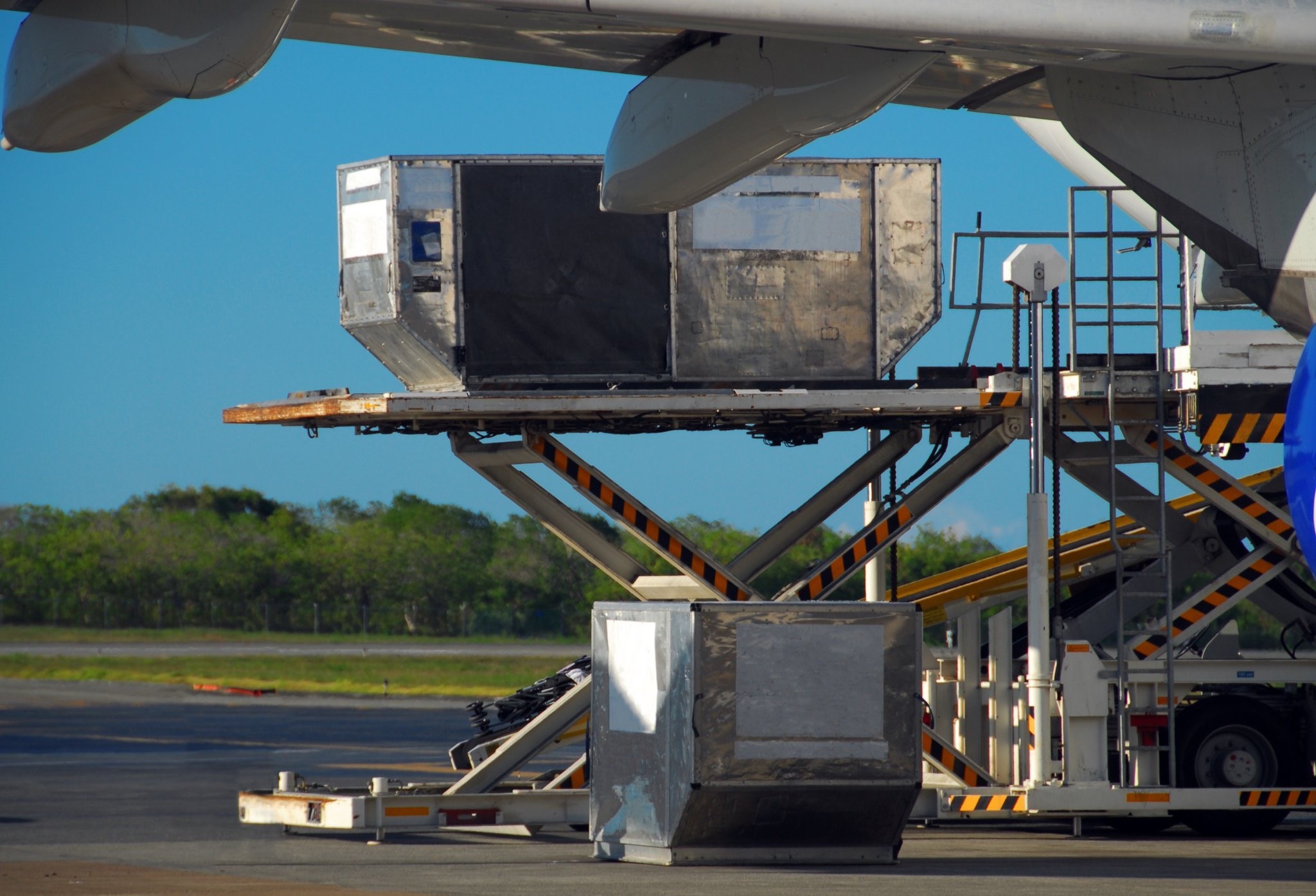The Federal Aviation Administration (FAA) recently discovered another potential risk on Boeing’s 737 MAX model. The U.S. aircraft manufacturer must address this issue first before the Boeing 737 MAX can return to service.
This is likely to delay the flight test of the modified 737 MAX, flight test necessary for the re-certification of this aircraft grounded since mid-March.
According to a source who requested anonymity, during simulator tests last week, FAA pilots struggled to regain control of the aircraft after activating the MCAS anti-stall system. The MCAS was the likely cause of the accident of Lion Air in Indonesia in 2018 and that of Ethiopian Airlines in March in Ethiopia, which resulted in the death of 346 people.
IATA also reacted to the controversy and reiterated the need for alignment on additional training requirements for Boeing 737 MAX flight crew. (See hereunder, after the FAA Statement)
FAA statement (26 June 2019)
The FAA is following a thorough process, not a prescribed timeline, for returning the Boeing 737 Max to passenger service. The FAA will lift the aircraft’s prohibition order when we deem it is safe to do so. We continue to evaluate Boeing’s software modification to the MCAS and we are still developing necessary training requirements. We also are responding to recommendations received from the Technical Advisory Board (TAB). The TAB is an independent review panel we have asked to review our work regarding 737 Max return to service.
On the most recent issue, the FAA’s process is designed to discover and highlight potential risks. The FAA recently found a potential risk that Boeing must mitigate.
IATA Statement – Coordinated Effort to Safely Return 737 MAX to Service

?The International Air Transport Association (IATA) urged state aviation safety regulators to continue to align on technical validation requirements and timelines for the safe re-entry into service of the Boeing 737 MAX aircraft. The announcement came at the conclusion of the second Boeing 737 MAX Summit organised by IATA.
“The Boeing 737 MAX tragedies weigh heavily on an industry that holds safety as its top priority. We trust the Federal Aviation Administration, in its role as the certifying regulator, to ensure the aircraft’s safe return to service. And we respect the duty of regulators around the world to make independent decisions on FAA’s recommendations,” said Alexandre de Juniac, IATA’s Director General and CEO.
“At the same time, aviation is a globally integrated system that relies on global standards, including mutual recognition, trust, and reciprocity among safety regulators. This harmonized structure has worked successfully for decades to help make air travel the safest form of long-distance travel the world has known. Aviation cannot function efficiently without this coordinated effort, and restoring public confidence demands it,” said de Juniac.
IATA reiterated the need for alignment on additional training requirements for Boeing 737 MAX flight crew. Representatives from more than 40 airlines, safety regulatory authorities, original equipment manufacturers, training organizations, aviation-related associations and aircraft lessors attended the second Boeing 737 MAX Summit in Montreal, 26 June 2019.
IATA Press Release – Montreal 27 June 2019
The Boeing 737 MAX aircraft has been grounded since …. (count up timer)



